When Romain Gary, a courageous and much decorated pilot in the RAF’s Free French squadron, was presented to the Queen Mother shortly after the second world war and asked about his background he apparently chose to remain silent. ‘Pour ne pas compliquer les choses,’ was his own version of the one-sided exchange.
Gary, born Roman Kacew to Jewish parents probably in Vilna in 1914 and educated in Nice where he was taken as a teenager by his ambitious actress mother, was constantly re-inventing himself. In 1945, any explanation of how he had ended up in London, a captain, after his 1939 application to become a commissioned officer in the French army had been turned down, and how he had helped land a plane when the pilot had become temporarily blinded, would have seemed unbelievable. Yet Gary’s decision not to even try to explain was far from unusual, even for those without his fame or glamour. How people managed to survive in France during the four long years of Nazi occupation was complicated and painful for almost everyone. Many French chose to move on with their lives without giving further details of how they spent the war years.
The occupation and its aftermath is fertile territory for a novelist and Gary, who had initially trained as a lawyer and after the war became a diplomat with posts in Bulgaria, Switzerland and the United Nations, used it for many of his bestselling books. In 1956 he was appointed French Consul General in Los Angeles, (aka the French ambassador to Hollywood), until he asked the Foreign Ministry to place him on the ‘inactive list’ so that he could pursue other interests.
Although he twice won the Prix Goncourt — the second time was under a pseudonym, Emile Ajar, which broke the rules — as a novelist he is all but forgotten today. Among his 30 or so novels his most famous is probably the fictional autobiography, Promise at Dawn, filmed again in 2017 with Charlotte Gainsbourg. Gary is best remembered for his daring exploits and glamorous marriages, first to the writer Lesley Blanch, which ended in divorce in 1961, and second to the actress Jean Seberg, with whom he had one son, Alexandre.
The Kites was Gary’s last novel, published in French in 1980, and he poured much of himself into it. Yet surprisingly this is the first translation into English and Miranda Richmond Mouillot, an American and the granddaughter of Holocaust survivors who settled in France, has succeeded brilliantly in ensuring the story works today as a fast-paced account of how the four years of German occupation affected one village in Normandy. It’s also a coming of age love story where the hero, Ludo Fleury, has to learn to trust Lila, the aristocratic Polish girl who repeatedly tests his devotion by sleeping with the enemy.
Gary’s other themes are idealism, the significance of memory and the need to aspire. Kites are a metaphor for soaring ambition and the pursuit of the blue yonder, or as Ludo/Gary says, ‘this desire to surpass myself, to fly so high, to achieve great things’.
Above all it’s a hugely enjoyable read, if perhaps a little overstuffed with events, just as the menu at the Clos Joli, the restaurant at the heart of the narrative, is stuffed with rich food unobtainable for most of the country at the time, such as lobster, foie gras and scallops. The lives of Ludo and his uncle, the pacifist kite-maker Ambrose, are affected not only by the humiliating defeat of France in June 1940, the 1942 Vel d’Hiv roundup of Jews and the search for safe houses for downed Allied pilots but also by the work of Pastor André Trocmé saving children at le Chambon-sur-Lignon and finally deportation to the camps of Buchenwald and Auschwitz. They witness women punished by head shavings and they become friends with a former Madam who helps organise forged papers for a Jewish homosexual sleeping with a German.
Anyone reading this book today without knowing Romain Gary’s personal history might see it simply as a love story set against the beautifully described pain of war and occupation, ultimately optimistic, as the hero finally marries his child-hood sweetheart.
But of course the opposite is the case. Gary wrote that what bothered him most during the war was the realisation that Nazis were human beings, and the thing that was human in them was their inhumanity. He had seen too much suffering in his 66 years to believe in fairytale endings.
On 2 December 1980, Gary shot himself in his Paris apartment. He left behind a note saying that his death was not connected to the suicide the preceding August of his ex-wife, Jean Seberg.
Got something to add? Join the discussion and comment below.
Get 10 issues for just $10
Subscribe to The Spectator Australia today for the next 10 magazine issues, plus full online access, for just $10.
You might disagree with half of it, but you’ll enjoy reading all of it. Try your first month for free, then just $2 a week for the remainder of your first year.

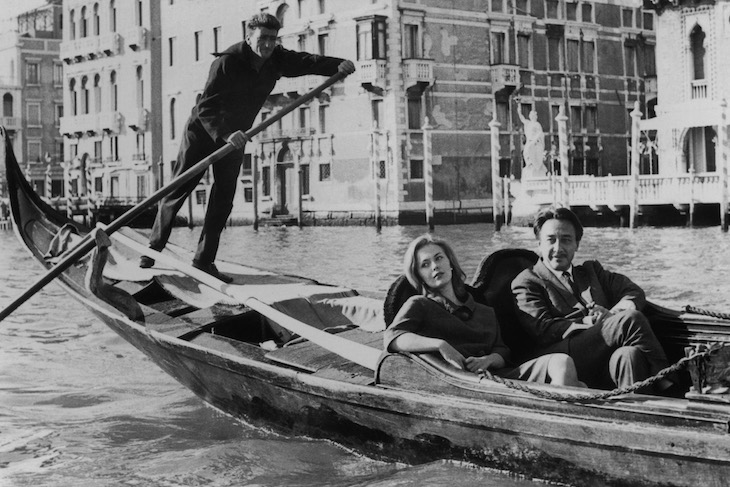

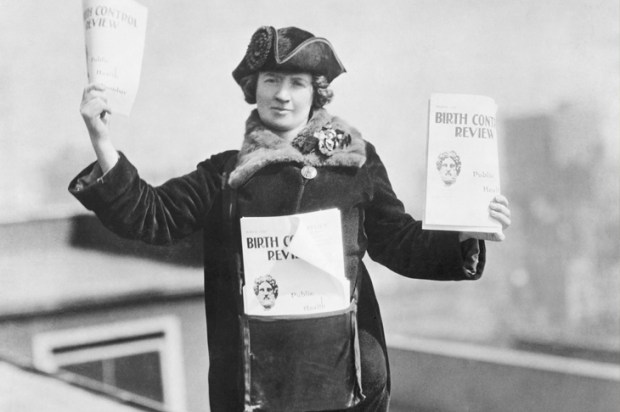

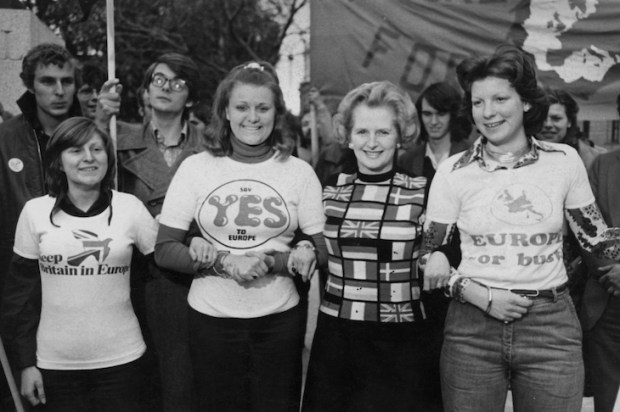
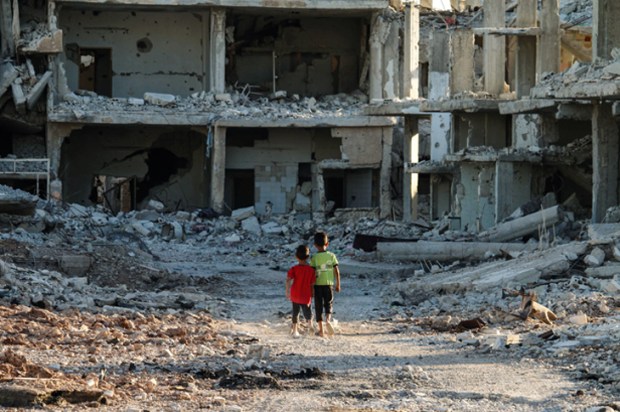
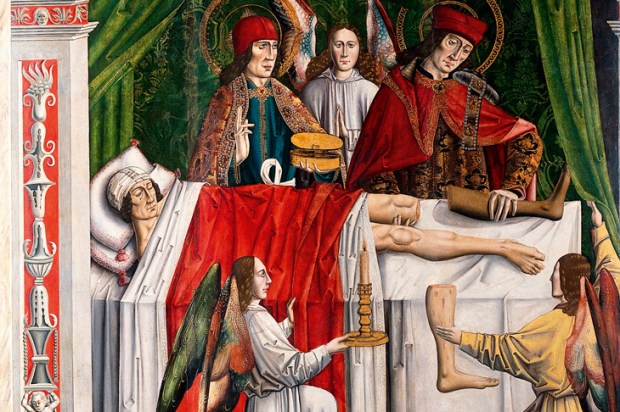






Comments
Don't miss out
Join the conversation with other Spectator Australia readers. Subscribe to leave a comment.
SUBSCRIBEAlready a subscriber? Log in